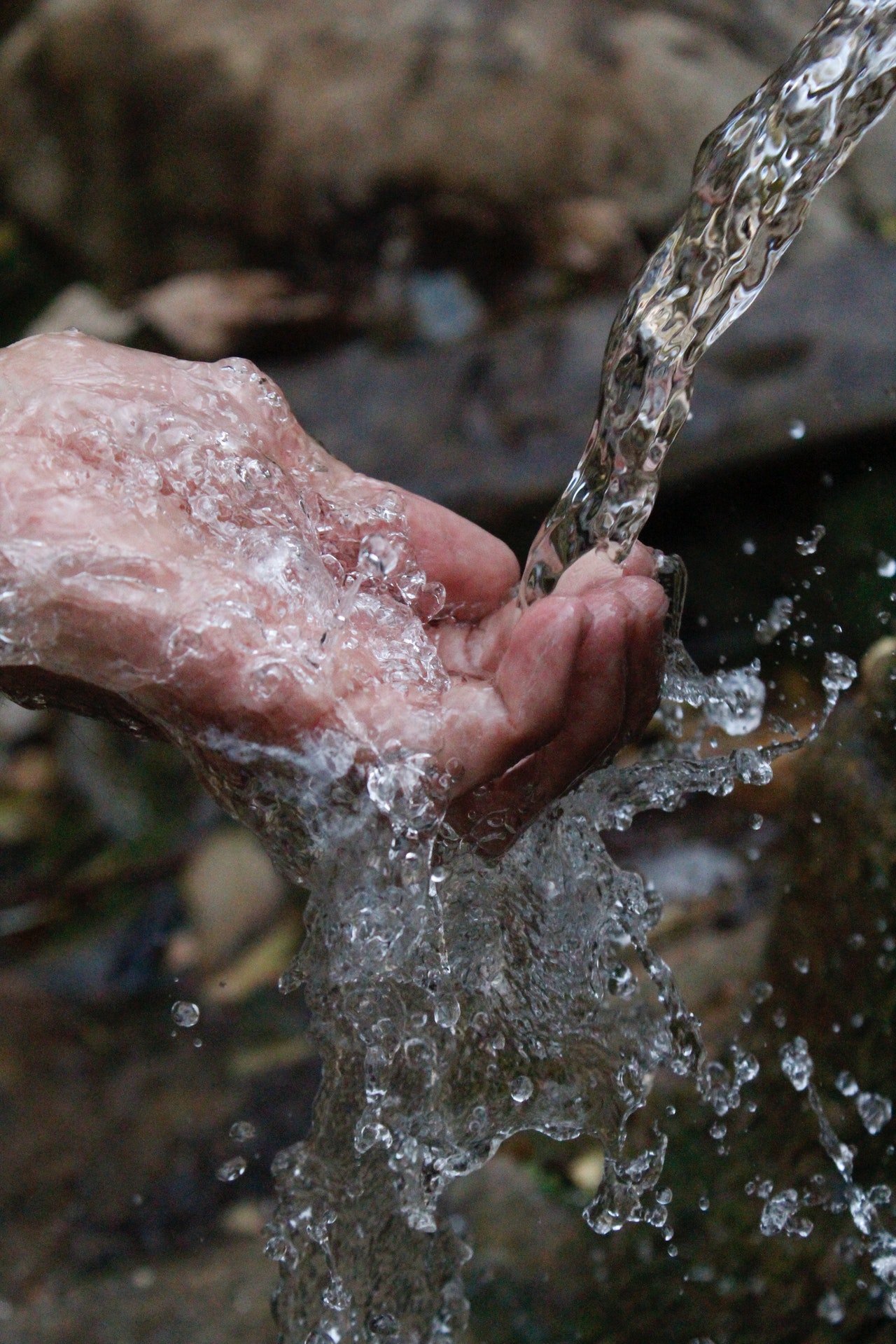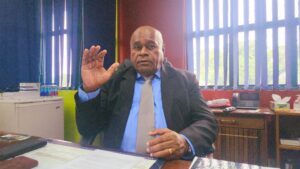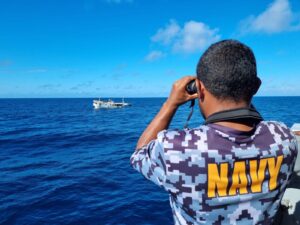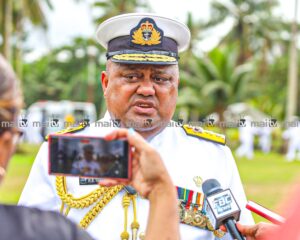Stakeholders of the watershed interventions for systems health in Fiji (WISH) are meeting in Suva over two days, starting today, and whose findings will inform the country’s leptospirosis, typhoid, dengue, and diarrhea (LTDDs) preparedness plans as well as policy development in other parts of the Pacific.
Fiji’s Minister for Health Dr. Ifereimi Waqainabete says such discussions are important given that the health security of Pacific Island countries (PICs) is linked to water safety and security.
PICs have the lowest coverage of improved drinking water and sanitation on earth, with two-thirds of our people relying on unprotected water sources for drinking and cooking.
Like most Pacific Island Countries, Fiji’s health system is frequently overburdened by climate-sensitive water-related disease outbreaks, particularly LTDDs as a consequence of activities carried out on land.
“Our various activities on land help to drive these diseases and mean the difference between access to clean water and healthy ecosystems, or polluted water with people getting sick and ecosystems like our forests, waterways, and coral reefs becoming degraded. These are the exact systems that support us for both health and livelihoods. Apart from the morbidity, mortality, and health-related costs associated with these diseases, it also threatens important aspects of the Fijian economy such as tourism,” Dr Ifereimi said.
“Poor water quality is a major contributor to global disease burdens, and also contributes to loss of downstream ecosystem services, with health costs alone estimated to cost US$12 billion in economic losses annually, a cost disproportionately borne by countries like Fiji.”
In Fiji, the WISH program has been working closely with the ministry to address the multiple interrelated challenges linked to water-related disease, which are influenced by climate change, ecosystem degradation, land use, water and sanitation infrastructure, hygiene practices, and their interactions.
“Through this WISH Program of work, we are now evolving new and flexible ways of working with other sectors to improve primary prevention and responsiveness necessary for health security. We are encouraged by the progress made by WISH, supported by key Fijian ministries and partners, in helping establish multi-sectoral planning and implementation of procedures to limit water-related disease risk in 5 water catchments and 29 communities across Fiji while also improving downstream ecosystem services.”
Attending the two-day workshop at the Holiday Inn in Suva are Dr Aaron Jenkins and the WISH Project Team, a team from University of Sydney likewise Edith Cowan University, Dr Wilson and the Fiji National University, as well as reps from Wildlife Conservation Society, Water Authority of Fiji, The Pacific Community, UNICEF, World Health Organization and the Fiji Ministry of Health and Medical Services team.
The workshop ends tomorrow.









